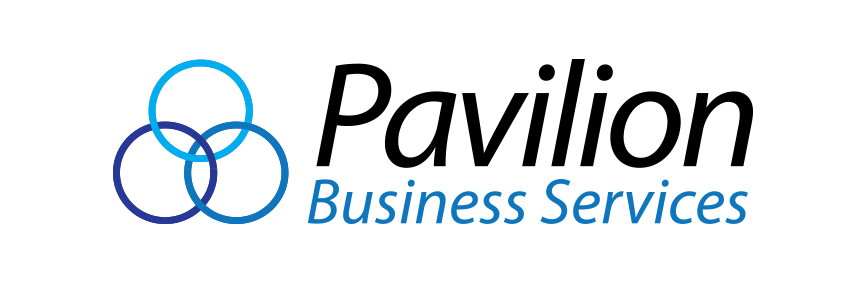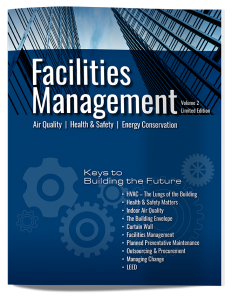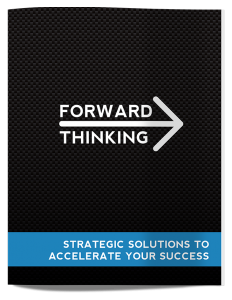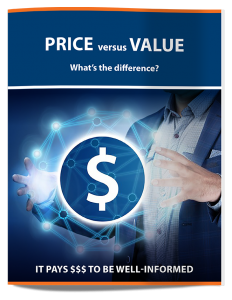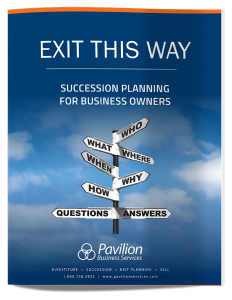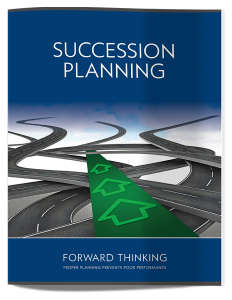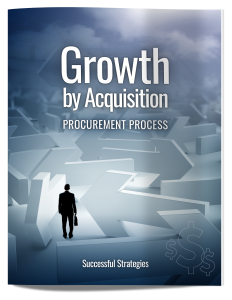Private Equity Firms Turn to Insurance to Help Protect Themselves in Acquisitions
Private equity deal makers are borrowing a well-used tool from the public market as they target companies to buy: insurance, to limit the downside of acquisitions.
A report by Blake, Cassels & Graydon LLP on Canadian private equity acquisitions between 2017 and 2020 found that a growing number of private equity players are opting to purchase representations and warranties (R&W) insurance, which protects buyers against losses if a target company misrepresents or excludes information that could affect its valuation.
“If something arises after closing that wasn’t known before closing, that insurance will cover it, and the buyer doesn’t have to go back to the seller for that,” Kurt Sarno, a partner at Blakes and a co-leader of its private equity group, told The Globe and Mail.
While both buyers and sellers can buy R&W insurance, acquirers are almost always the party that uses it. The report collected R&W data from commercial insurers BFL Canada, Marsh Canada Ltd. and HUB International Ltd. In 2017, 45 per cent of deals involved R&W insurance. That figure has grown over time, with 70 per cent of deals in 2020 using it.
“It’s getting to the point where the larger the transaction and the more sophisticated the players involved, rep and warranty insurance almost becomes a must,” Mr. Sarno said.
Canadian companies set new record for value of merger-and-acquisition deals
Mergers and acquisitions activity has exploded. Here’s why – and the reasons it will continue for the foreseeable future.
The growing ubiquity of R&W insurance is part of a shift Mr. Sarno has observed where private equity deals are taking on the qualities of public mergers and acquisitions. More often, he said, private equity firms are doing deals with a “no-recourse structure” that is common in public transactions, “which means that a seller essentially has no liability for unknowns once the deal is signed and closed, and the risk is shifted entirely to the insurance.”
Traditionally in private mergers and acquisitions, buyers would sue sellers for misrepresenting financial information and claim damages for previously unknown liabilities.
Mr. Sarno said private transactions are also taking cues from public deal-making in using plans of arrangement when private companies have a large number of shareholders. A plan of arrangement allows shareholders to vote in favour of a deal, and allows buyers to acquire stock from shareholders en masse. He said this is especially prevalent for technology companies, which can accrue hundreds of shareholders through rounds of venture funding, or health care companies that have given equity to clinicians.
The report shows that U.S. private equity firms are hungry for Canadian businesses, a trend Mr. Sarno expects to continue. During the report’s study period, 63 per cent of buyers in the dataset were U.S.-based, and 28 per cent were Canadian. Many of those target businesses are being purchased from the company’s founders, with 46 per cent of deals going from founder to a private equity owner.
“Canada continues to do a good job of forming new businesses,” Mr. Sarno said. “We are doing an adequate job of building those businesses up to venture investment and growth, and raising them up to a level where they will receive investment from private equity players internationally.”
Fifty-one per cent of deals in the study were valued at less than $100 million, which Mr. Sarno said could reflect the private equity appetite for early-stage companies with growth potential. Eleven per cent of deals were at least $1 billion.
Steep increase in Earnouts
Another trend, which is linked to the pandemic, was a steep increase in the use of “earnouts,” a provision that allows sellers, operating under the new owners, to earn additional compensation for hitting future performance targets.
The Blakes report found that 9 per cent of deals included earnouts in 2017, and that number steadily rose to 38 per cent in 2020. Before the pandemic, earnouts were often used as a tool for sellers to “top up value” in a deal, giving them a bonus on top of the sale price. During the pandemic, Mr. Sarno said, earnouts have been used to bridge gaps in valuations. A seller who valued their company more than a buyer could use an earnout to ensure that they earn fair market value in the future.
In the pandemic, “buyers were more flexible and willing to consider” earnouts, Mr. Sarno said.
“They were bridging the COVID value gap,” he said. “I think they came back into fashion and some of that flexibility has actually remained. … I would expect that going forward, deal makers will see earnouts as another tool in the toolbox to actually get to an agreement on a deal with a seller that is otherwise expecting more value at closing.”
Source: globeandmail.com
Resource Library
Facilities Management - Volume 2
A 140 page document on COVID 19 and Air Quality for Building Owners, Building Occupiers, Developers, Contractors and Facility managers. This book is Volume 2 Limited Edition – and every building owner & operator should have one, to protect employees, staff, visitors and management. Available for release now .
Forward Thinking
This document provides some of the key factors to consider when developing a business strategy and enhancing growth. The choices you make regarding who you work with during each stage of the business journey can make a significant difference. This document provides specific information and ideas that can increase your enterprise value by millions of dollars.
Exit This Way – Mid-cap
Our free guide will provide you with access to information that is crucial in making the correct decisions with regards to selling your business. This guide contains essential information about how to sell your business for maximum value. This Exit This Way Guide is a critical a resource if you are thinking about selling your business.
Succession Planning
This guide explains the process of planning ahead with tips for identifying and developing new leaders who can replace old leaders when they leave, retire or die. This guide details the key issues and challenges that can increase the final sale price and terms by several million dollars.
Featured Opportunities
